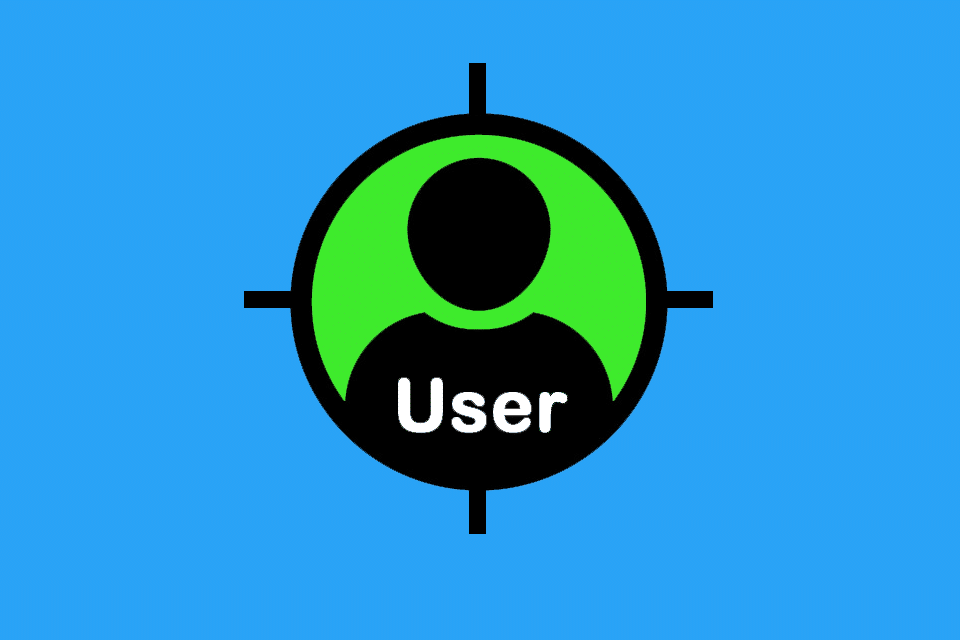What is an User?
Smartpedia: A user is a person who uses a computer, software or service. Alternative terms are operator or consumer.
User – the real human being in human-computer interaction
“The customer is king!” is a frequently used phrase when it comes to the orientation of companies towards their customers. Depending on the industry, this “customer” operates under related terms such as guest, patient, client, visitor. And also user. As a term, the user is mainly found in the context of human-computer interaction.¹ It is therefore a concept that refers to
- the operator of a computer or software,
- the beneficiary of a service,
- the visitor to a website or
- the member of an online community or social network.
Implicitly, this also means that it is a real person and not a bot that automatically processes tasks defined as a computer programme. At the same time, it is obvious that the development of computer programmes and applications puts this person in the centre of attention.
Originally, the term user comes from English but has been Germanised and can be found as an element in numerous areas and disciplines that organisations deal with in the development of products and services or the operation of solutions.
User – a central term for many organisations
Below are some terms that are directly or indirectly related to a user:
- A key user is a person in an organisation who specialises in the use of a product and serves as the primary contact for questions about the product.
- Power users have special knowledge and skills compared to average ones and/or often make heavy use of IT systems.
- A proxy user in requirements engineering is a representative for users and customers, who knows the wishes of customers and can put himself in their shoes.
- User experience (UX) describes a person’s perceptions and reactions when utilising a product, system or service.
- A user interface allows people to interact and exchange data with a programme or computer.
- A user group is either an interest group of people who usually have a common interest and/or goal, or a grouping of several individuals to facilitate rights management within a programme or system.
- Apprenticing is a variation of fieldwork in which an apprentice performs a user’s activity in order to gather more knowledge about it.
- A target audience is a group of people described by characteristic features and addressed with defined activities, services or products. The potential users of computer programmes often belong to such target audiences.
- Personas personify target audiences and help to make assumptions about customers and thus also about users.
- Stakeholders are all persons or organisations that are directly or indirectly affected by the activities of a company or have an interest in these activities. And a user is a person who, for example, has an interest in the activities of a computer game producer.
- A user story is a short description of a system’s functionality from a user’s point of view. It describes who wants what from a system and with what intention.
- When purchasing software licences, some manufacturers distinguish between named and concurrent user licences.
This list of terms, which many organisations deal with on a daily basis, could easily be extended.
Impulse to discuss
Does it make sense for your organisation to name the “most important” user and thus align all essential activities with him or her?
Notes (partly in German):
[1] People who consume intoxicants are also referred to as users, for example.
[2] Weitere Übersetzungen des Begriffs User
If you like the article or would like to discuss it, please feel free to share it in your network. And if you have any comments, please do not hesitate to send us a message.
And here you will find additional information from the t2informatik Blog:



